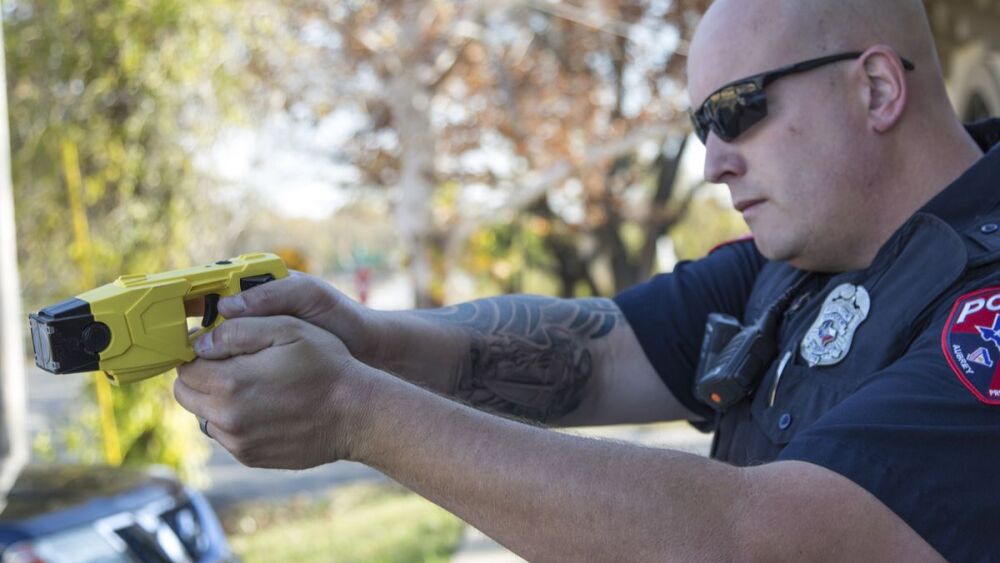PoliceOne Editorial Advisory Board Member Dr. Bill Lewinski will present a session on The Six Critical Psychological Factors to Consider in Determining When to Do an Officer-involved Shooting Interview on Saturday, October 6, at the 125th International Association of Chiefs of Police Annual Conference in Orlando, Florida. His session will address when investigators should interview officers after a shooting or other high-intensity event.
Reprinted with permission from Force Science News #368
The critical and controversial question of when investigators should interview officers after a shooting or other high-intensity event will be addressed by Dr. Bill Lewinski, executive director of the Force Science Institute and Police1 editorial advisory board member, at the annual conference of the International Association of Chiefs of Police in Orlando, Florida.
Session will review research findings into human behavior and memory
Lewinski will explain the “six key psychological factors” to consider in deciding when to take statements from involved officers to ensure the most thorough and accurate account of the incident in question. His 90-minute presentation will be based on findings from the latest research into human behavior and memory by FSI and other scientific institutions.
“There is considerable conflict between advocates for an interview immediately after an incident versus those advocating for a delay,” said Lewinski.
“The primary concern is how to obtain an officer’s clearest recall while avoiding unnecessary memory ‘contamination’ and protecting the officer’s physical and emotional well-being. And this is much more complex than just a memory issue.”
The goal of his program, Lewinski says, is to “help administrators and investigators understand how to determine a realistic interview time, specifically tailored to the officer and circumstances, given the prevailing psychological factors and the potential legal and media implications involved.”
Lewinski, along with Force Science staff researchers and present and past instructors for Force Science courses, have collectively authored more than 400 research papers for peer-reviewed scientific journals in the fields of psychology, ergonomics, and medicine. These reports, with strong implications for law enforcement investigations, training, policy and litigation, all have been critically evaluated by independent experts prior to ensure that they conform to the highest scientific standards. Information gleaned from this work will be used as the foundation for Lewinski’s presentation.
Chicago OIS case
The relevance of Lewinski’s IACP topic was driven home recently by the culmination of a controversial police shooting case that has dragged on for more than seven years.
On a bitter cold night back in 2011 in one of the city’s most dangerous neighborhoods, a Chicago officer fatally shot a drug felon who allegedly attempted to run over the officer and his partner during a high-risk vehicle stop. The first of several sworn statements was taken from the veteran patrolman immediately after the shooting.
Subsequently, as the case crept its way through the investigation and a civil trial, conflicts and inconsistencies arose regarding the officer’s accounts of events. He was suspended without pay, the deceased felon’s family was paid $3.5 million in a settlement and the police superintendent sought to kick the officer off the force.
Last month, the city’s Police Board finally saved the officer’s job (if he still wants it!) by clearing him of allegations that he violated department policy by deliberately giving “false, misleading, and/or inconsistent” sworn statements.
In its exoneration, the Board “considered the fact that [the officer] had worked nearly 40 hours straight before giving his initial statement about the shooting,” the Chicago Tribune reported.
The Board’s 20-page report noted: The officer “had been through a highly stressful situation of being knocked down by a car and fatally shooting [the suspect, which] could have caused him to mistakenly include details within his statement.”
Lewinski’s session, which will include discussion of such cases and the importance of considering human-performance factors when interviewing critical-incident survivors, will be presented to the IACP’s Police Psychological Services Section at 12:30 p.m. on October 6 in the Orange County (FL) Convention Center in Orlando.



